When I started piano lessons, my teacher insisted I do daily exercises to improve speed, dexterity, and precision. I dreaded tedious repetition of drills designed to fine-tune my playing or, as my teacher put it, “to do your best work.”
What do piano practice and editing have in common? Both involve tedious repetition of the same actions until you achieve your best work. Such diligence is at the heart of effective editing, especially when editing your own work.
If you think spellcheck and grammar software ensure your masterpiece is ready to launch, think again (and again). Does unnecessary and burdensome verbiage bury your message? What about baffling misplaced modifiers and commas, yawn-inducing passive voice, schizophrenic POVs (points of view), and viral adverbs?
Your first reader is the submissions editor, whom you don’t want to annoy with avoidable editorial missteps.
Flawless copy won’t guarantee acceptance, of course, but poor writing will sabotage your hard work. Given the volume of submissions and queries they receive, publishers cringe at having to fix poor writing, especially those with lean budgets and staff. It’s sometimes more expedient, if ethically questionable, to appropriate your idea (ideas are not copyright-protected).
The Three Faces of Writing
Like someone with multiple personality disorder, your project suffers if you do too many things simultaneously. Writing happens in three phases:
- Creating: When she visits, your Muse needs free rein to feed your creativity without interruption (flow writing) by that pesky inner critic. Refrain from stopping to check spelling, consult a thesaurus, or ponder comma versus semicolon. Creativity is subjective, emotional, organic, and spontaneous. Avoid writing interruptus!
- Revising: Once you corral ideas into a first draft, step back and look at it. If you’re writing fiction, here’s where you begin to organize it, molding it into what you envisioned. Ask objective, technical questions:
- Is there a clear-cut plot?
- What’s the narrative voice (point of view)?
- Are character(s) and their motivation(s) clear?
- What’s the conflict?
- When and where does action happen?
- Is there a narrative arc (a turning point)?
Continue to revise until tight editing yields a work that stands on its own without cumbersome verbiage (hedge words and fillers).
- Editing: Unlike flow writing and revising, editing is a mechanical process, where you unleash the critic to apply rules of
- spelling
- grammar
- capitalization
- punctuation
- style consistency
- usage and syntax
This repetitive cycle—create, revise, edit—fine-tunes and tightens each draft, moving it closer to becoming your best work.
Generally, the same approach applies if you’re writing a query letter. Whatever you’re pitching (article, blog, or podcast), include these key elements (some are self-explanatory):
- introduction—brief summary of topic (no more than one page)
- proposed title
- audience
- approximate word count
- value—takeaways for publisher and reader
- key words/tags—these assign your piece optimal placement in search engines
- tone—readability (academic, formal, casual)
- add-ons—sidebars, resources
- your credentials (why you’re suited to write the piece)
Each phase has its own function, so approach each one separately. You’re not a juggler.
[color-box]Here’s an example of tight editing. The paragraph was cut from 44 to 15 words without changing meaning.
Original: She screamed loudly, hoping someone would hear her calls to be rescued. When there was no response, she frantically realized no one would hear her cries. It was as if she was alone with her terror, with no one to free her from it.
Revision: She screamed, hoping someone would hear. No one did, leaving her alone with her terror.[/color-box]
Flash fiction is an excellent genre for incorporating tight editing. It strips out the fluff to get down to the stuff.
If you get stuck, put the project aside. A cooling-off period offers new perspective. Is your work still on track with your original vision, or did it take an unanticipated direction? If the latter, don’t discard anything. Every word has comeback potential, whether in the current work or a future one.
Types of Editing
There are several categories of editing, each with unique functions:
- Copy editing:
- Do subjects and verbs agree?
- Are style (your unique manner of writing) and tone (attitude, viewpoint or “mood”) consistent?
- Did you use British or U.S. spellings consistently (theater/theatre; color/colour; meter/metre)?
- Is punctuation inside (U.S. style) or outside (British style) quotes?
- Are modifiers dangling or misplaced? “Caught lying, Helen punished Jack.” Nope. Jack, not Helen, was caught lying.
- Do too many passive constructions make for stilted prose? “She was intimidated by her husband’s temper” (passive) is more awkward than “Her husband’s temper scared her” (active).
- Did you use restrictive clauses (which) and nonrestrictive clauses (that) properly?
- Proof reading:
- Spellcheck won’t detect inconsistencies in proper names (MacDuffy/McDuffy) or commonly misused words (their/there; your/you’re; its/it’s; then/than; affect/effect).
- Copy/paste is a great tool but also a minefield. Was material (words, letters, or paragraphs) duplicated or omitted?
-
- Content (substantive or development) editing:
- Do plot, action, character, and motivation make sense?
- Does your story structure have a narrative arc, a critical turning point for the action or character(s)?
- Do abrupt (or absent) transitions and changing point of view risk distracting readers?
- Content (substantive or development) editing:
-
- Production editing:
- Do typographical specifications—font, size, line spacing, indents, formatting—adhere to publisher guidelines?
- Are specs applied consistently for each element?
- Production editing:
- Fact checking/research:
- Say copy reads “In 1952, Mr. Jonas Salk announced that he developed the polio vaccine. Clinical trials began in 1954, and the vaccine was first used in 1955.” (Dr., not Mr.) Salk made the announcement in 1953, not 1952.
Categories overlap depending on the publication environment.
Is Editing Much Ado about Nothing?
Who cares about a few misspelled words, or misplaced or absent commas? Aside from the obvious consequence—loss of credibility—poor writing can be costly and embarrassing:
- In 1988, the Yellow Pages (remember those?) printed a travel company ad touting vacations to exotic destinations. The ad was published with a typo: erotic destinations. The company sued for “irreversible damage to its reputation” and was awarded $19 million.
- In 2014, drivers for a Maine dairy company filed a class-action lawsuit. The dispute hinged on an Oxford comma missing from the state’s overtime law. (The Oxford comma is the last comma in a series of three or more items.) The drivers eventually settled for $5 million of the original $10 million suit.
- Late-night talk show hosts skewered the Trump White House for a typo on printed tickets to his first State of the Union address. The misprint read “State of the Uniom.”
Make no mistake. Editing matters.
[color-box]Say a travel agency hires you to write a sales brochure. The published brochure reads “Fees include air fare, car rental, hotel meals and tours.” Your client is livid because the agency is now legally bound to provide hotel meals and tours as a single cost item. A comma following the word meals would have made it clear, as intended, that meals and tours incur separate costs. Even if the client signed off on the copy, don’t expect repeat business. (This actually happened.)[/color-box]
I Can’t Afford an Editor!
The Editorial Freelancers Association (EFA) lists hourly price ranges for various types of editing, as well as estimated pace (number of pages per hour) based on industry standards. The EFA is only one source. Shop around, but take caution when hiring editors through third-party websites that don’t vet vendors.
Under certain circumstances, editorial fees might be tax deductible.
Online workshops offer a writing community environment and peer feedback. Some are free; others are subscription based, with flat or tier-based fees. Good workshops provide disciplined structure, goals, and deadlines. Check online complaints and reviews before forking over money.
A Final Word about Self-Editing
Two words, actually: Not recommended. Having said that, I realize not everyone can afford a professional editor.
Don’t expect constructive criticism from family and friends (unless they’re professional editors). Constructive objective editing includes tough feedback when warranted. The brain’s funny: If you’ve looked at your work a number of times, you’ll see what’s not there and won’t see what should be there.
You want a final draft that’s clear, clean, and devoid of (avoidable) glitches so that your submission gets an unbiased and complete assessment. You don’t need to be a professional editor, but you do need to know things to look for in order to submit your best work.
- How to Edit My Work for Submissions - June 21, 2019
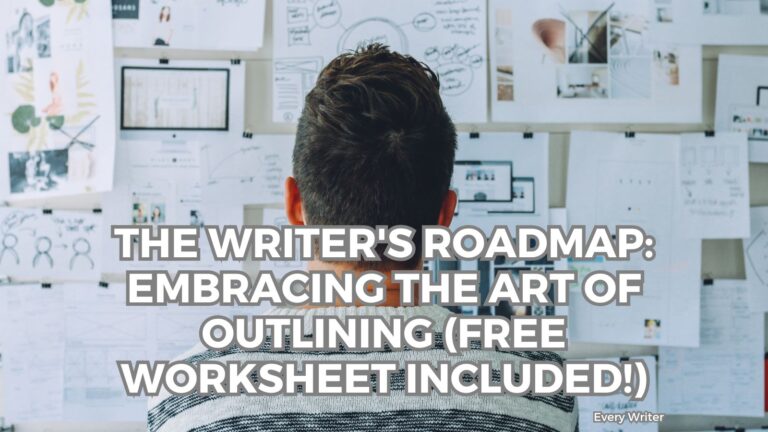
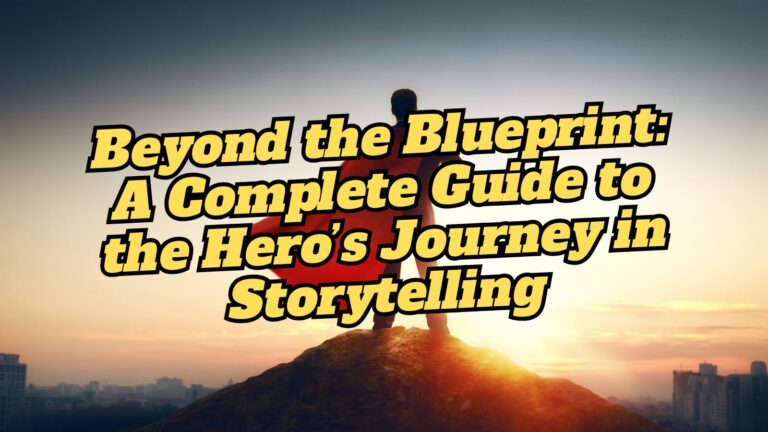
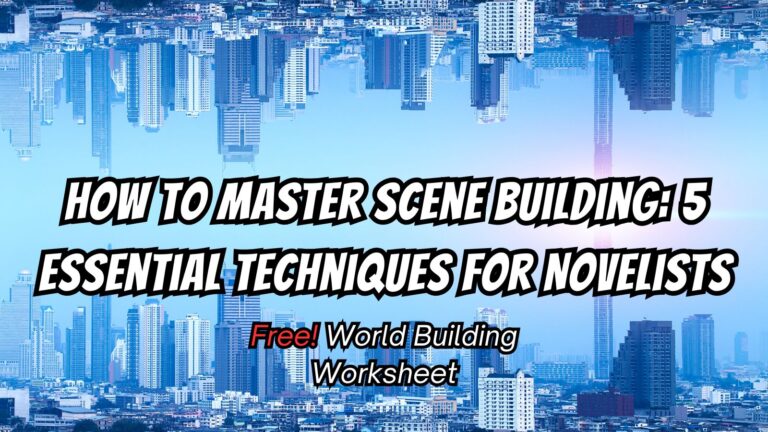
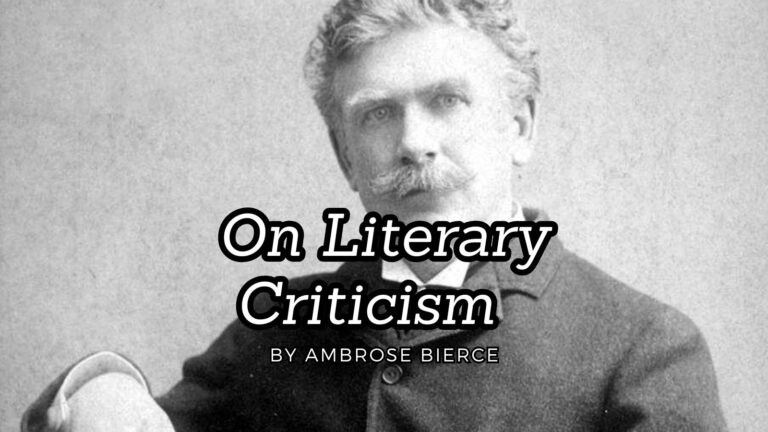
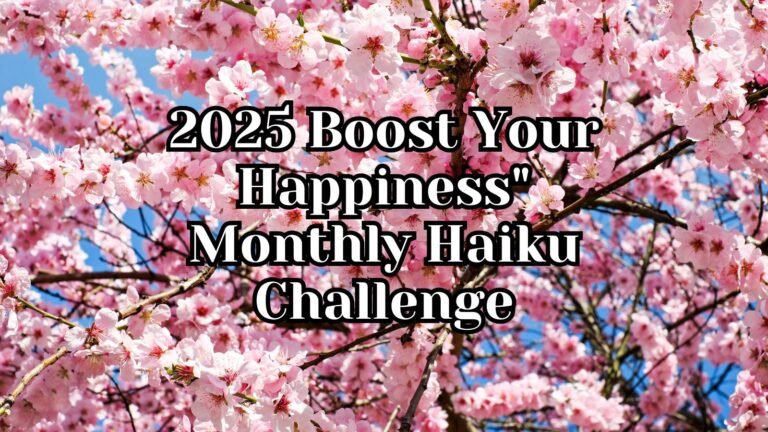
I so appreciate your headline article. I feel as though I’ve learned everything I need to know about editing my work–and having it edited–just by reading these few pages. Ms. Martin has managed to present a treasure trove of facts and tips in an easy, lively style, with clear examples to back them up. I’ll print and keep a copy nearby as I prepare my writing for submission, and hopefully, publication.
Thanks, Tamara, for your comments. So glad you found the info useful and will apply if. Good luck with your submissions!
Excellent article! I’ve learned so much from it. Just getting back into writing after a very long battle with self-doubt, these clear-cut and helpful techniques have motivated me to get back in there. Thanks!
Dawn, I’m glad you gleaned some useful nuggets. Keep writing (and editing;;)!